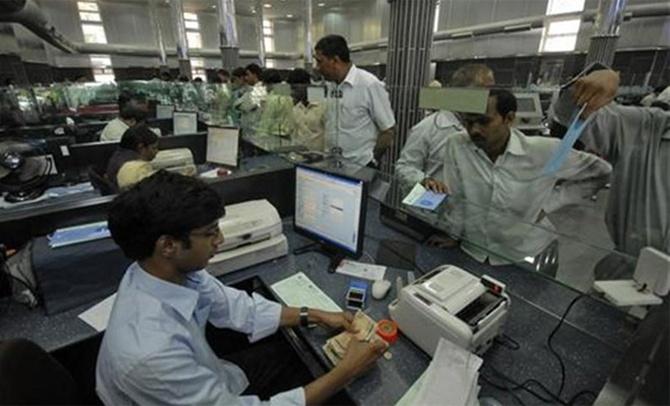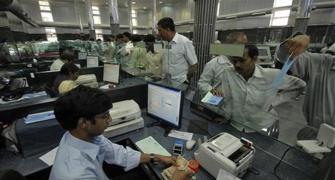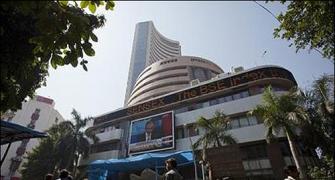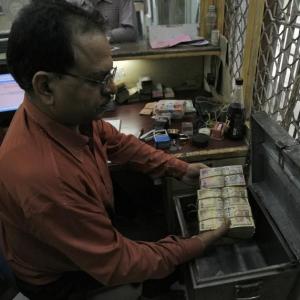 That good service comes at a price is a common statement by all service providers.
That good service comes at a price is a common statement by all service providers.
With private sector banks increasing their charges from April, many account holders will suddenly find themselves under pressure to maintain a minimum balance, lest they get charged higher.
For example, if you don’t maintain Rs 10,000 a month in a metro city, ICICI Bank will levy a penalty of Rs 250 a month. Similarly, account holders in semi-urban areas will have to maintain a minimum balance of Rs 5,000.
Axis Bank and HDFC Bank will apply a penalty on a shortfall. For example, in the case of HDFC Bank, if the minimum average balance needs to be Rs 10,000 and it falls to Rs 2,500 or lower, the penalty will be Rs 600. At present, it’s Rs 350.
The bank has, however, introduced slabs. If the balance is between Rs 7,500 and Rs 10,000, the charge will be Rs 150 and will increase with the shortfall.
In comparison, public sector banks (PSBs) look much cheaper. Bank of Baroda, for example, charges Rs 100 every quarter if the customer does not maintain an average balance of Rs 1,000. Similarly, Canara Bank levies a penalty of Rs 150 each quarter.
It’s not only the penalty on minimum balance. There is a huge gap in service charges on other factors such as penalty on cheque return, missing equated monthly instalment or standing instructions, and charges when customers ask for an additional cheque book.
In an era where the customer rarely goes to the bank and most transactions are either done via ATM or online, does it make financial sense to go for a PSB, which has much lower penalties and service charges?
“The Reserve Bank of India has deregulated the charges banks levy on their customer – individual banks have been allowed to fix their own. The charges depend on the level of service offered. They should, however, ensure these charges are reasonable and are not out of line with the average cost of providing these services,” says Narayanan Raja, CEO, Banking Codes and Standards Board of India.
While PSBs look attractive when it comes to fee and penalties, they don’t offer the same kind of service as the private banks. For example, a customer can order a demand draft on phone or online and it is delivered at the doorstep in the case of private banks.
To get a demand draft from a PSB, on the other hand, a customer might have to spend an hour at the branch.
The biggest benefit of private banks is that they are quick when it comes to financial products such as loans and credit cards, if you have an existing relationship.
According to experts, it helps to have a relationship with both. Many usually end up having more than one bank account.
“For basic services such as depositing money and withdrawal and utility payment, public sectors banks are a better bet, as there is little distinction between PSBs and private banks due to technology,” says Harsh Roongta, director, Apnapaisa.










